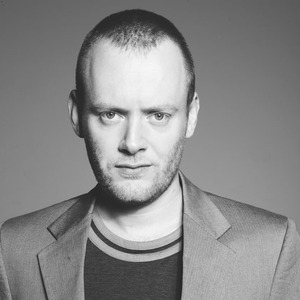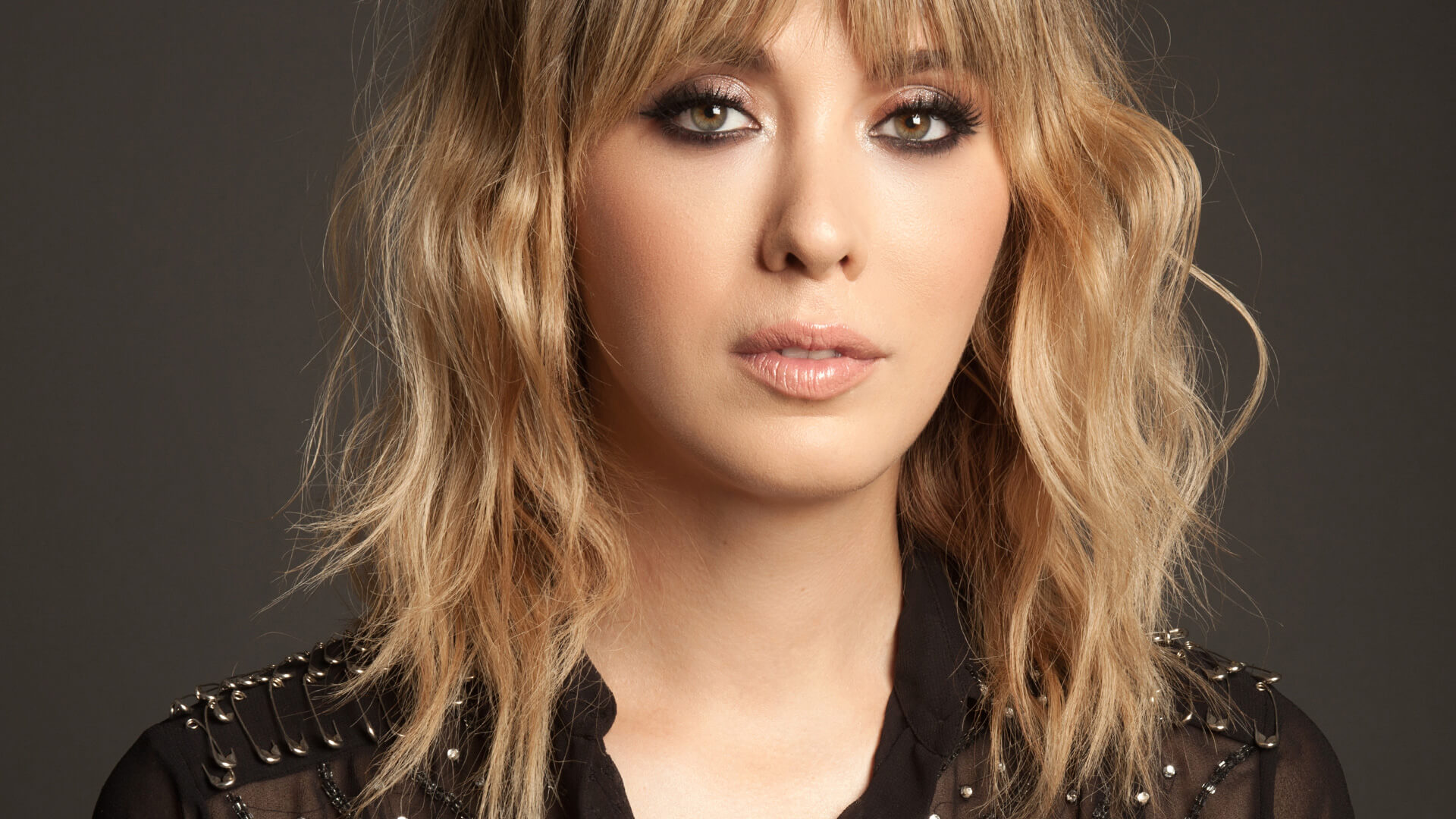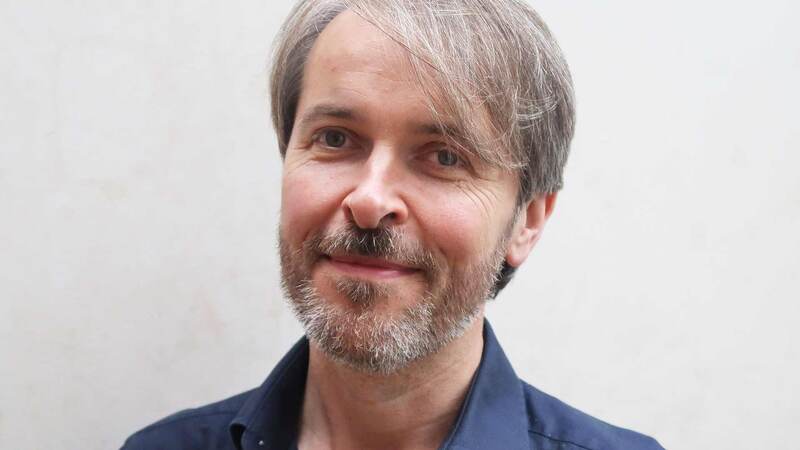You are viewing your 1 free article this month. Login to read more articles.
Paris Lees | 'I grew up feeling like I wasn’t good enough, so to feel respected for my writing is really moving'

Matthew Todd is an author and a former editor of Attitude magazine.
One of the most influential figures in the LGBT community, Paris Lees has chronicled her coming of age in a moving new memoir

Matthew Todd is an author and a former editor of Attitude magazine.
A contributing editor for British Vogue, Paris Lees made her name as the UKs first high-profile transgender woman to break into the mainstream when she was named top of the Pink List of the most influential LGBT people in Britain, and became the first “out” transgender woman to appear on BBC flagship news programme “Question Time”. On 27th May, her first book is published, What it Feels Like for a Girl, a memoir of growing up poor in Nottingham. Riveting, funny and truly shocking, it is shaping up to be one of the books of the year.
Why did you want to tell the story of your adolescence now?
I’ve always known I was going to write a book about my life. It’s been a running joke—when I graduated university, an author was being given an honorary doctorate and my mum said, “That’ll be you one day. I’m not going to come out of it very well, am I?” But it’s taken a long time to reach a point where I feel ready to share it with the world. I don’t mean to be arrogant, but I’ve had an objectively interesting life. How could I not write about it?
The book is getting early rave reviews. How does it feel?
Let’s be honest, if you spend eight years writing a book, you’re hoping for a bit more than, “That was interesting”. Of course I want people to fall in love with my book, in the way I’ve fallen in love with books over the years. Some books stay inside you for years. Like many people who are LGBTQ, I grew up feeling like I wasn’t good enough, so to feel respected for my writing is really moving.
It’s a fantastic, funny and painful read. Was it painful revisiting these experiences?
Thank you! There’s a great quote about writers being able to “live life twice”, but there are some things you don’t want to live twice. It’s been incredibly painful. I’ve had at least two major mental health breakdowns. I’ve also done a lot of therapy and reconnected with my father. It’s brought me closer to my mum, too. They could have been angry—it’s a pretty warts-and-all account of a troubled childhood—but my parents have chosen to embrace it. In the end I feel it’s turned into a chance for redemption, for all of us.
Do you think people will be shocked by some of the abuse you endured and do you think that’s still happening to kids today?
I do, sadly. And yes, I want people to be shocked. It is shocking. We see again and again that predatory men will take advantage of vulnerable kids, and LGBTQ kids are still highly vulnerable. There’s definitely more acceptance now, but I have no doubt that if you’re 14 today and being bullied on a council estate, your life is going to be as miserable as mine was. But there was so much joy too, which is why I’ve packed it full of humour, anecdotes and pop culture references.
You grew up in Hucknall, near Nottingham, and write vividly about that. It feels like a character in the book. How was that for you?
I grew up hating Hucknall and the mindset of the people who lived there. I left when I was 16. I was so smug in my early twenties about making it big in the city, but I hope people will realise that you don’t re-create a world in such detail if it doesn’t hold a certain place in your heart. I actually feel hugely nostalgia for the life I could have had there now, if things had been different.
One of the things you are well known for is writing about trans issues. But the thing that looms most vividly, I felt, was class. Can you tell us about that?
Well I can’t tell other people what the book means to them, but I know I’ve written a book about a working-class kid who is desperately unhappy and will do anything to escape. And who does do anything to escape. Of course, I can’t write a book about my life in which I am not trans. But it’s only “a trans book” if every other memoir is “a woman book” or “a man book”.
What does a typical day writing look like to you?
I write a lot after dark, when everyone is asleep. I can’t stand distractions. I wrote a lot of this in the countryside. I always have music, though. I’m actually a fast writer, which might sound strange considering how long this book has taken. But I’ll spend months writing it in my head. When I finally sit down, a thousand words will fly out.
What books inspired you most growing up?
I read an old copy of [Fay Weldon’s] The Life and Loves of a She Devil that my mum had lying around when I was 14 and became instantly obsessed. It’s about a woman who feels downtrodden and trapped, who transforms herself to seek revenge, power and money. The Beach by Alex Garland is still one of the few books to really make my heart race. I used to walk to school reading [Roald Dahl’s] The Witches.
This is an LGBT Publishing spotlight; what are your top three favourite LGBT-themed books?
This is going to sound cheesy, but yours, Straight Jacket. Genuinely. It had a profound effect on the way I see myself and many people I know. I’m also going to say [Alice Walker’s] The Color Purple. It’s not an “LGBT book” per se, but does feature some fairly empowering lesbian content considering the era it was published in. It’s also one of the voice-led pieces, along with [Irvine Welsh’s] Trainspotting and [Roddy Doyle’s] Paddy Clarke Ha Ha Ha, that inspired What it Feels Like for a Girl. I know I should probably throw in a classic like [Oscar Wilde’s] Dorian Gray, but I’m going to say April Ashley’s Odyssey. It’s fun!
It feels very cinematic. Who would you like to play you?
I’m 13 at the start, so we’re talking about a really young actor. I think they would need to be, shall we say “physically male”, but naturally feminine. We’ve got the Central Junior Television Workshop in Nottingham [involved with the casting], which found treasures like Samantha Morton and Vicky McClure, so who knows?
Book extract
I always look in the mirror before I leave the house an’ tell mysen that I am be-yoo-tea-full. I saw it on this programme once called Abigail’s Party. It’s from like Old Mother ’ubbard’s time, but the woman in it’s just like me mam, tryna give people olives an’ that. I don’t think I’ve ever actually had an olive, but it’s just the sorta thing me mam would like coz it’s what posh people eat, innit? I bet Joan Collins has had one. An’ that’s what they have at this party. I reckon it does ya good to tell yerself yer beautiful. Gorra believe in yerself an’ that. Coz if ya don’t, no other fucker will. A lotta the attention I get in here though is coz I’m young, I know that. I’m not stupid. They love that. One of ’em sez I’ll be too old in a few years, when I start gerrin a snail trail. I don’t wanna be hairy. I like bein’ smooth. I already shave ma legs, although there’s not many hairs yet. I know boys aren’t supposed to, but I just don’t like it.









